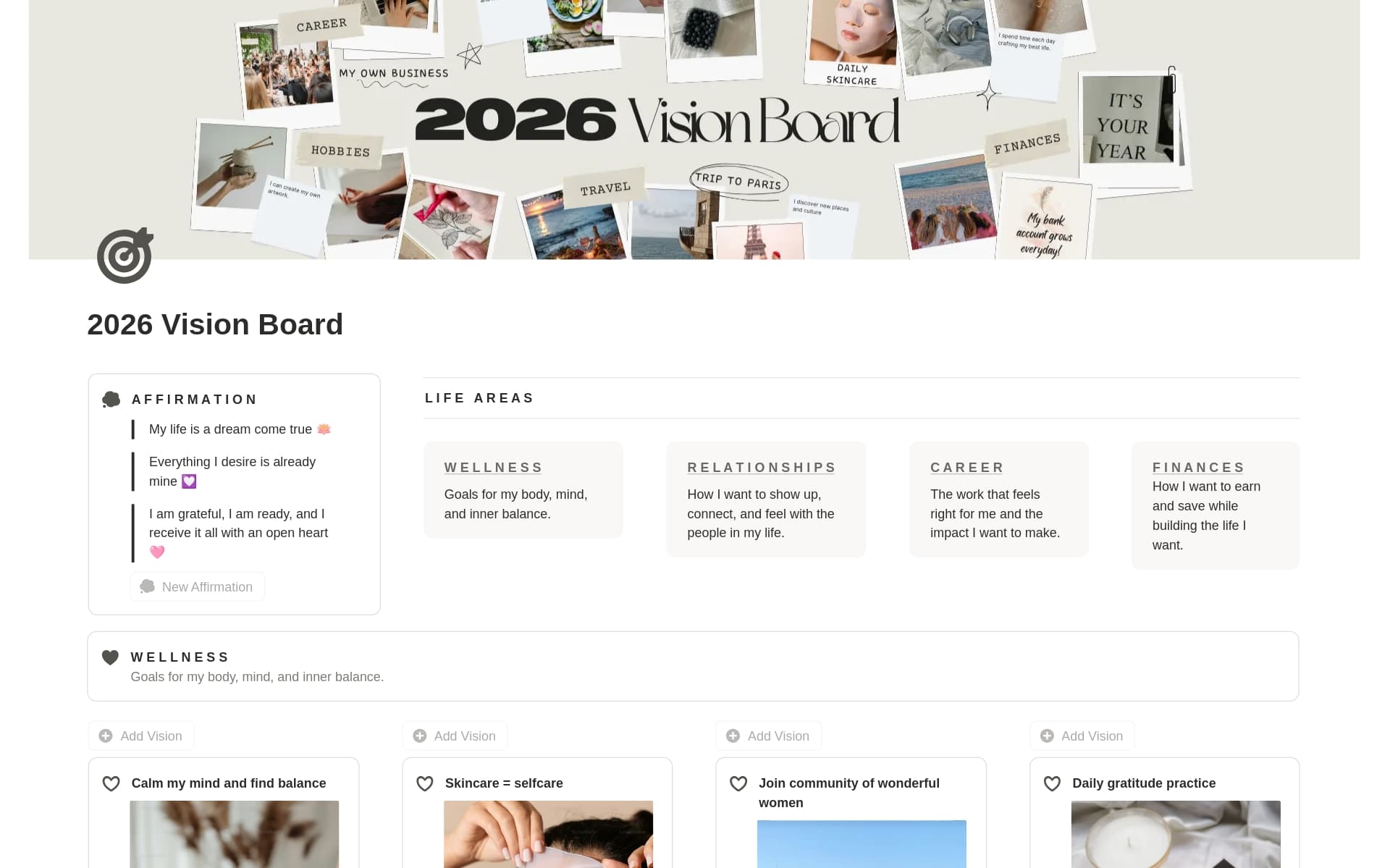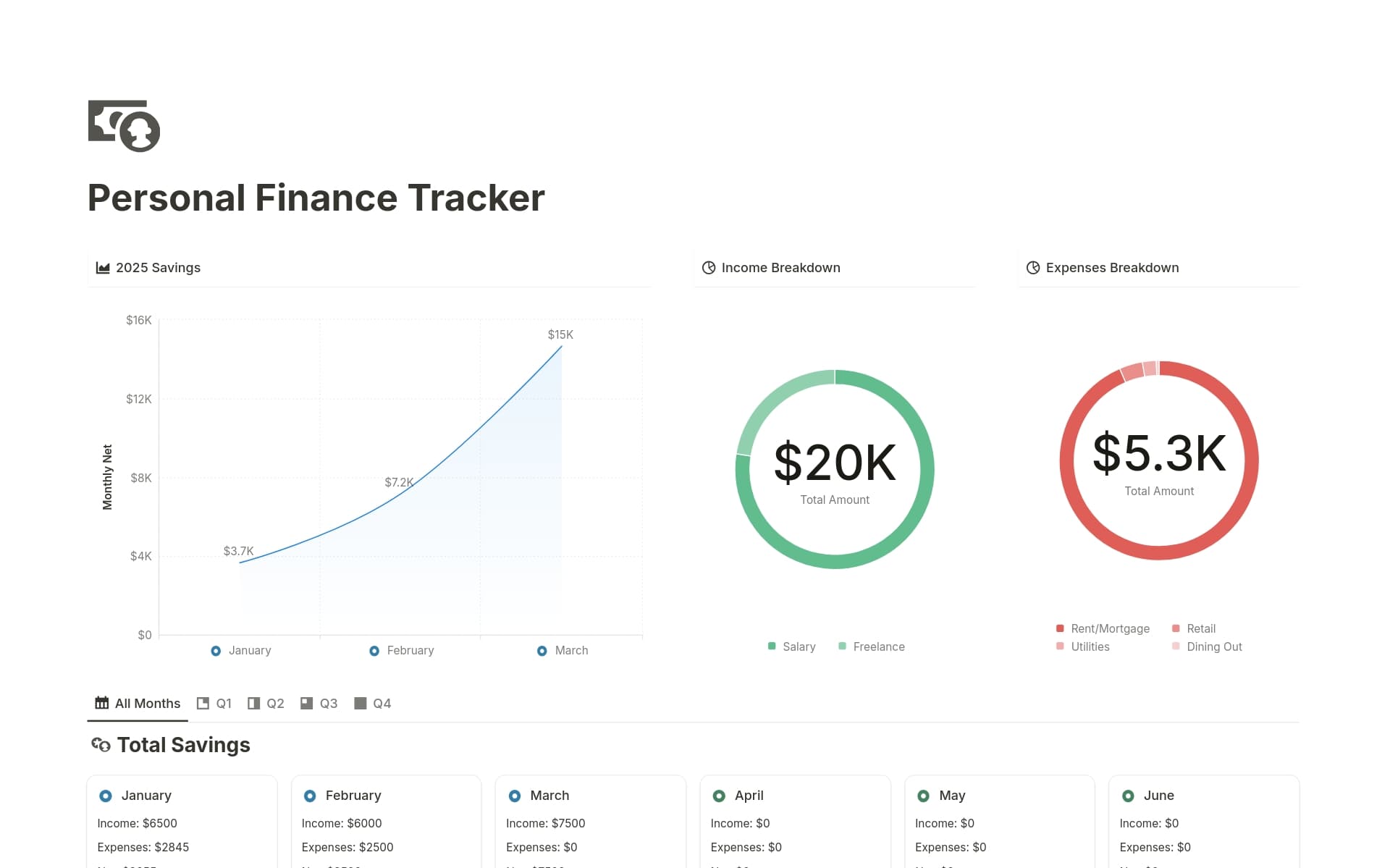Retrospectives offer web developers a chance to pause and evaluate their past work, identifying what went well and what could be improved. They pave the way for more effective planning and problem-solving in future projects. A well-designed Retrospective template can streamline this process, ensuring that the team's reflections are thorough and actionable.
Before starting to create your own Retrospective template, take a look at the examples provided below. They are designed to make the process easier and more efficient.
What Should Retrospective Templates Include?
Choosing the right Retrospective template can significantly enhance the effectiveness of your team's reflection and planning sessions. Here are key components to look for in a high-quality template:
Clear Objectives: Ensure the template outlines specific goals of the retrospective to keep discussions focused and productive.
Actionable Items: A good template should facilitate the identification of actionable steps that can be implemented immediately after the meeting.
Feedback Mechanisms: Look for templates that include structured ways for team members to provide feedback on processes and performance.
Follow-up Sections: It's crucial that the template includes a section for tracking the progress of action items from previous meetings.
Selecting a template with these components will help streamline your retrospectives, making them more impactful and efficient for your development team.
What Should Retrospective Templates Avoid?
Choosing the right retrospective template is crucial for effective team feedback and planning. However, some features can hinder rather than help. Here are three key elements to steer clear of:
Overly Complex Layouts: Templates with too many sections or complicated instructions can confuse users, leading to less productive sessions.
Fixed, Non-Customizable Fields: Avoid templates that don't allow you to modify the fields. Flexibility is essential for tailoring the retrospective to specific team needs and goals.
Generic, Non-Actionable Prompts: Ensure the template prompts encourage specific and actionable feedback. Vague prompts can result in unhelpful discussions.
Remember, the best templates are those that facilitate clear, concise, and constructive dialogue within teams, fostering an environment of continuous improvement and effective problem-solving.




